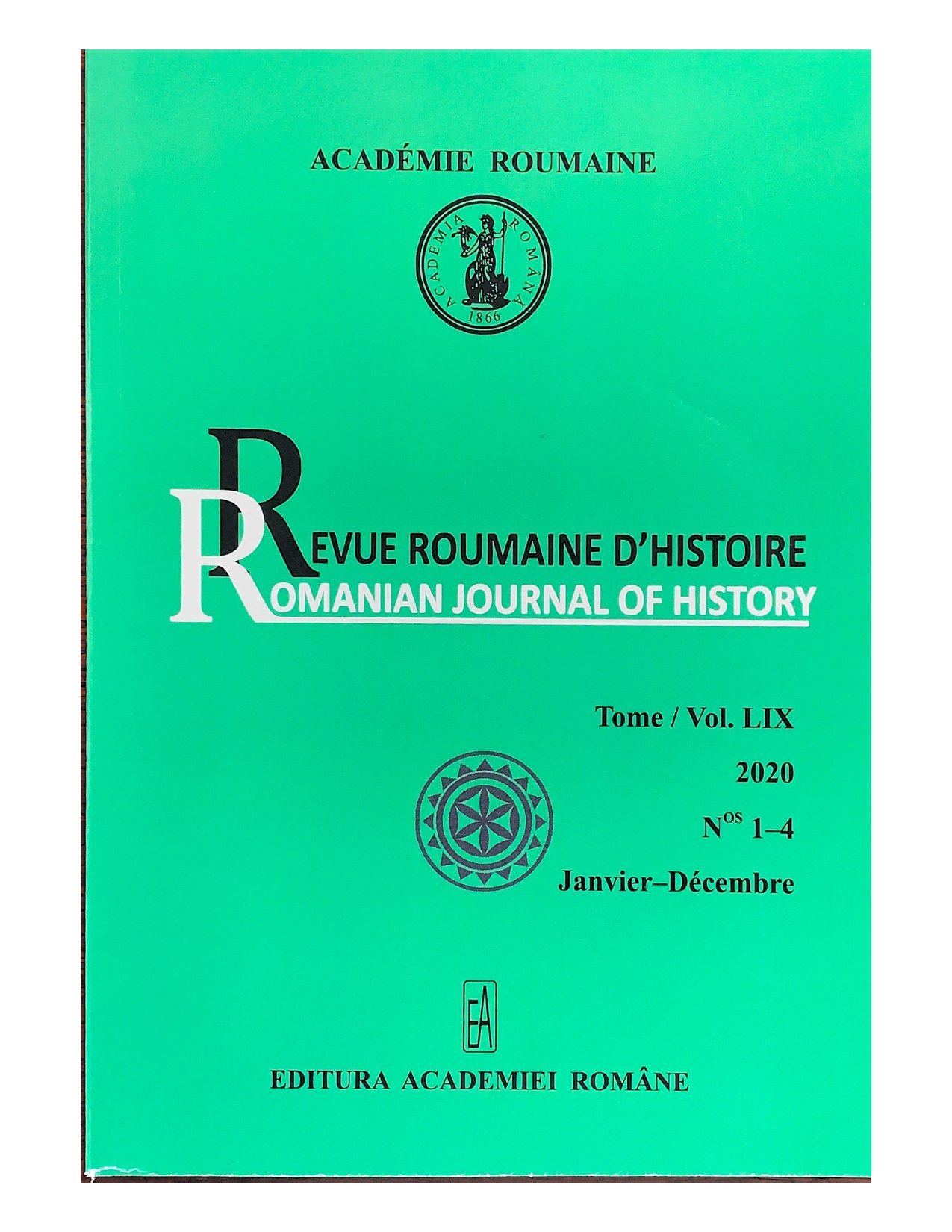The Confederal Idea in the Context of the Common Struggle for the NationalI of the Italians and the Peoples of Center and Eastern European
The Confederal Idea in the Context of the Common Struggle for the NationalI of the Italians and the Peoples of Center and Eastern European
Author(s): Francesco GuidaSubject(s): History of ideas, Local History / Microhistory, 19th Century
Published by: Editura Academiei Române
Keywords: confederation; national awakening; Central and Eastern Europe
Summary/Abstract: The confederal idea, as a panacea for the intricate situation in Central and Eastern Europe, spanned a large part of the 19th century. Many Italian patriots showed an interest in it. Mazzini spoke of the confederation, while upholding the role reserved for the “historical nations,” Poland and Hungary. In his opinion, the Habsburg Empire was undoubtedly to be overthrown and Hungary was to gain full independence. Nevertheless—like the Czech František Palacký—he wanted to preserve a strong État du centre that would protect Central Europe from a Germanic or Russian expansion. That State would have been a Confederation with Hungary at the center, but with the respect of the rights of other nations. Garibaldi also dreamed of and proposed United States of Europe and a specific solution for the Central and Eastern regions. Veryactive, especially in 1862, was Marco Antonio Canini, a promoter of the confederal idea among the Hungarian exiles, Prince Cuza, the Serb Garašanin and the Greek and Bulgarian patriots. The international framework and the gradual success ofnation-states prevented the implementation of the confederal projects in the 19th century. More significant achievements of the confederal idea can be found in 19th century history.
Journal: Revue Roumaine d’Histoire / Romanian Journal of History
- Issue Year: LIX/2020
- Issue No: 1-4
- Page Range: 57-68
- Page Count: 12
- Language: English

